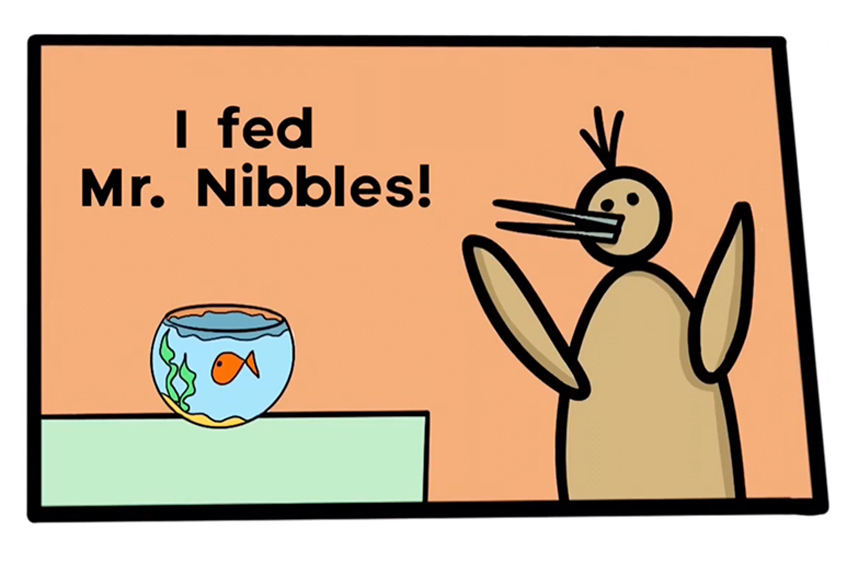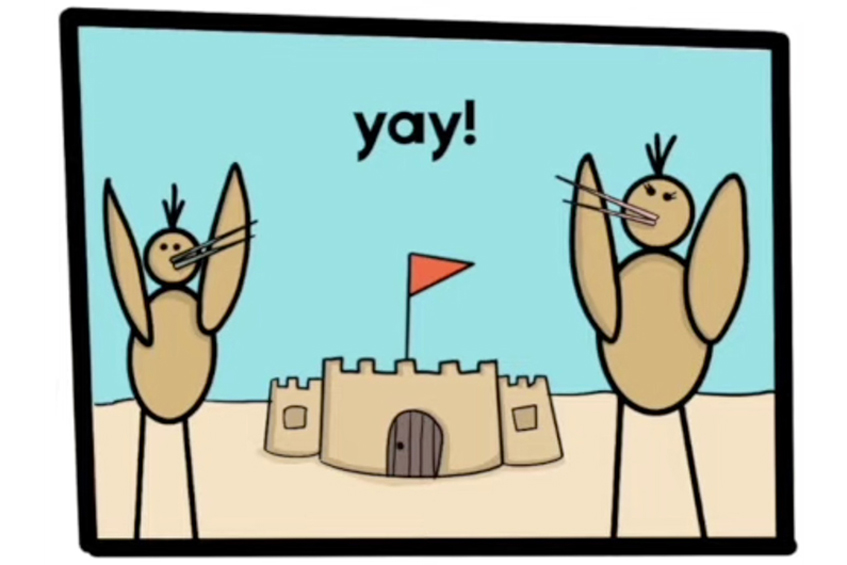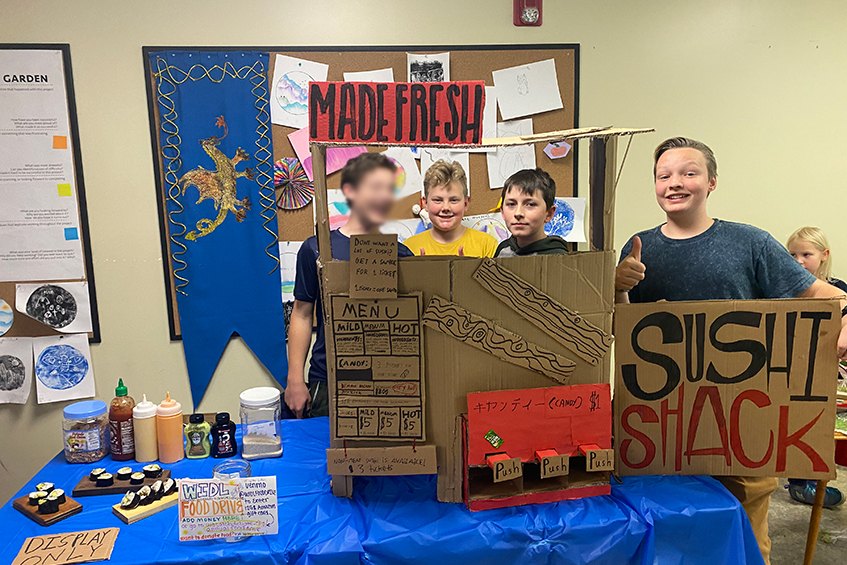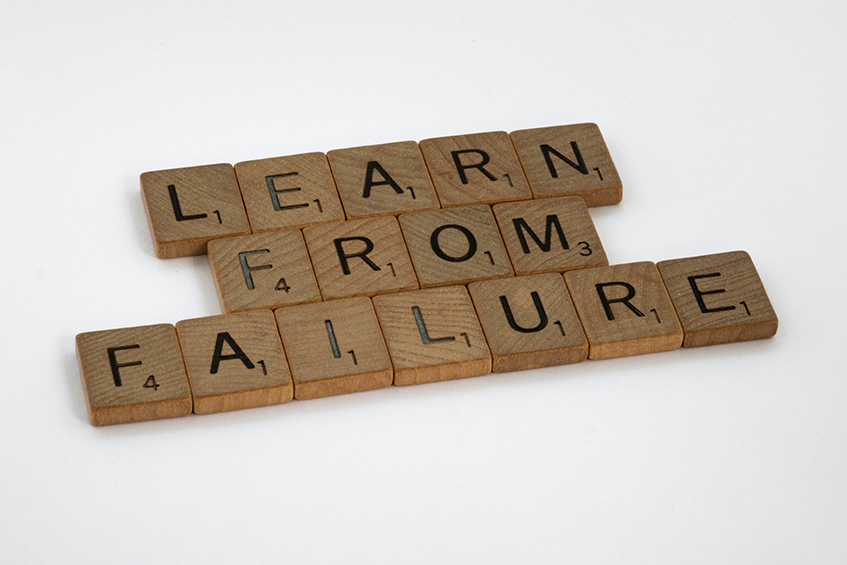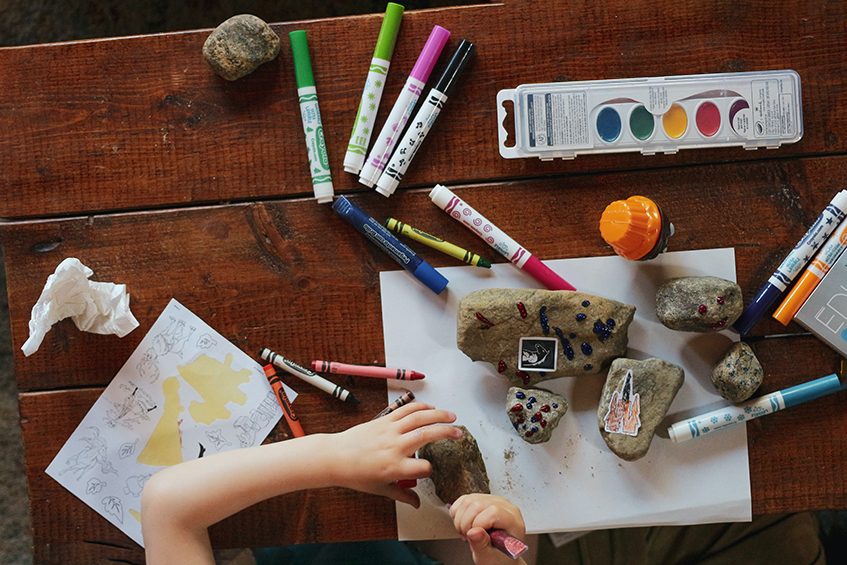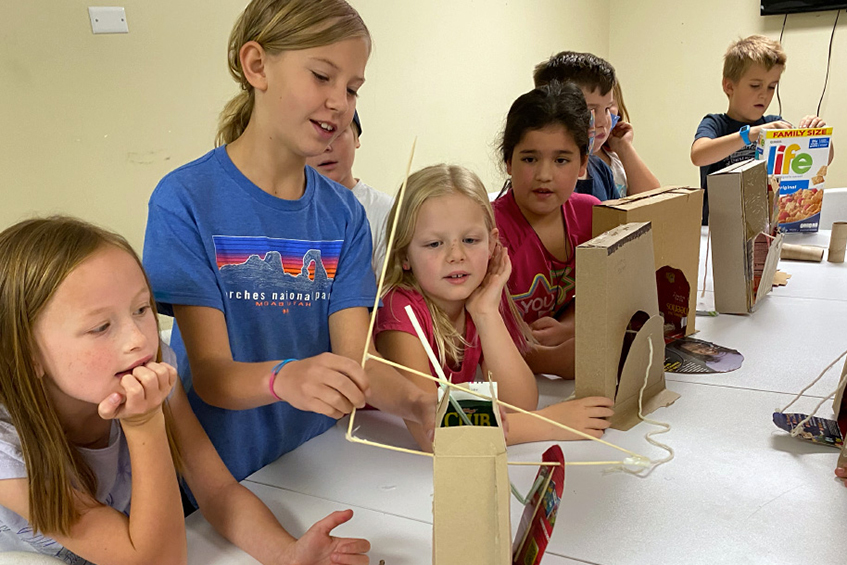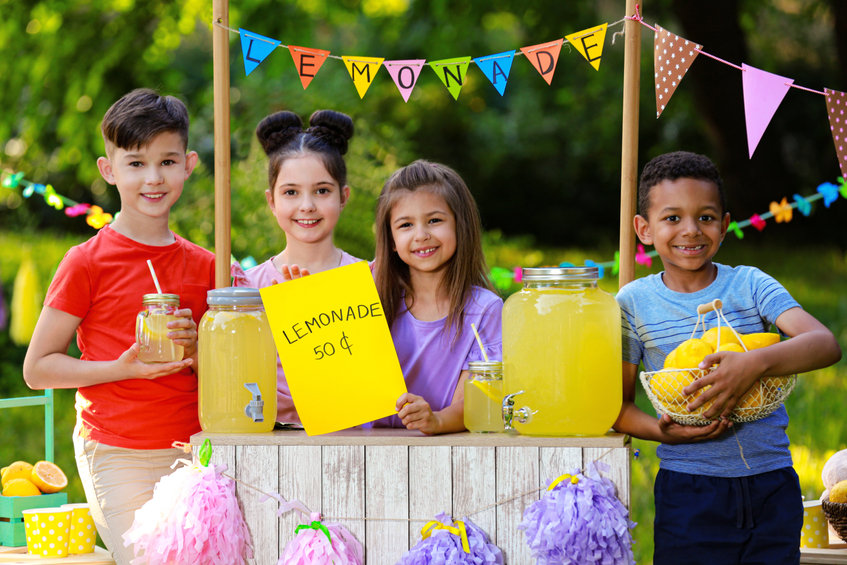Hiring for Mindset Instead of Skillset
According to HR Morning, the leading source of human resources news, companies will shift away from requiring a specific skillset in 2024 and move toward hiring for a desired mindset. Fewer businesses will require degrees, certifications, or a specified number of years of experience in their field. In contrast, more businesses will look for candidates with a positive attitude and a demonstrated ability to learn. Karoli Hindriks, Co-founder and CEO of Jobbatical says that many jobs people are applying for in 2024 may not even exist in two to four years. As a result, hiring agents will be looking for
Confidence and Independence: Six Dimensions of Learning
Learning is more than just knowing stuff! In this video, we learn from our kiwi bird friends that in order to learn and use the stuff we know, we need to have appropriate levels of confidence and independence. Lacking confidence slows a learner down, while too much confidence can be dangerous. Students need to accurately gauge their level of independence with confidence which will help them know when to ask for help. “Knowing what you don’t know” actually drives more learning! This video was created by interns at Link Education League: Kai Olenslager and Emiline Ludlow under the direction of
Transfer of Experience: Six Dimensions of Learning
Learning is more than just knowing stuff! In this video, we learn from our kiwi bird friends that part of learning is remembering and applying what we’ve learned before to the current situation. This is called Transfer of Experience. Mastering this dimension of learning makes individuals excellent problem-solvers, critical thinkers, and independent. This video was created by interns at Link Education League: Kai Olenslager and Skylar Ludlow under the direction of Education Director Marcee Ludlow.
End of Term Celebrations: More than a Party
At the end of each term, teachers, students, and families get together to celebrate student learning. It looks a little different each term but it is always a good time. However, it is also an opportunity for you as a parent and your family. Celebration can be an exceptional learning experience in itself for both you and your student. And as you truly celebrate together, your relationship will strengthen. So how do you get the most out of celebration? Students have been part of a community within their classrooms that has shared all kinds of experiences and learning. Now you
Learning from Failure: Entrepreneurship’s Educational Edge
Failure is not a dirty word. And yet– When asked a few years ago to share a failure from the week, well, it was an interesting experience. I knew intellectually that failure is part of learning. We champion that in our classrooms. We design activities that focused on iteration (failing and trying again). And yet– There was still some flinching at the word “failure”, both physical and emotional. As an adult, I still took failure personally, even when I knew in my head not to. We have a window of opportunity to help students learn in a deep way while
The Principal of Motivation Momentum: 10 Ways to Extend the Learning at Home
I’m a big believer in the principle of momentum when it comes to kids, especially neurodiverse ones. And one thing Link Education League teachers and students excel at is creating enthusiasm over a topic or project. As a parent, I use that enthusiasm momentum to the fullest extent possible by piggy-backing our at-home learning onto it. Of course, this won’t work for all families or students. Or during all terms. But the principle is simply to recognize when your student is excited and harness that natural motivation into other projects, especially ones that your student might not choose to do
Playfulness: Perfectionism’s Cure or How Making Can Be Therapy
Perfectionism. It is crippling to adults and children alike. Some people wear it like a badge of honor. Some people see it as an excuse. But of all the barriers to learning, making, and engaging that I see among students, perfectionism (or the unhealthy thinking patterns that make it up) is Number One. And it comes up more frequently with neurodiverse brains. If you think perfectionism isn’t something you or your student struggle with, what about procrastination? Fear of failure? All-or-nothing thinking, unrealistic standards, defensiveness, motivated by fear, and being results-focused? These are all thinking patterns of perfectionism and things we try to help students through playful making.
Why Teach Entrepreneurial Skills to Kids?
I used to think that if I got good enough grades and worked hard enough, I could get a competitive job where I didn’t have to worry about the boring business side of things. I could minimize risk and focus on what I loved. “The man” doing the dirty work was fine with me. But as much as I loved the arts, being an artist meant selling myself which seemed like the least desirable type of business. However, it never occurred to me that the job I actually wanted could only exist if I created it. The smartest kid from
Assessing Your Child’s Learning
The term is over! We’ve seen some of the things students created during the term. Students brought home a lot of projects. There has certainly been a lot of enthusiasm and students had a lot of fun. But are you wondering exactly what your student learned? What standards were covered? Or how your student “did”? Would some kind of report card give you peace of mind and a helpful perspective on the value of the time and money spent by sending your student to Link Education League? Or in other words, what does an accurate assessment of your child’s learning


